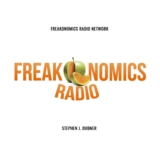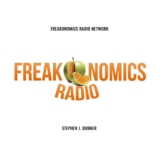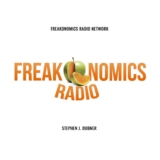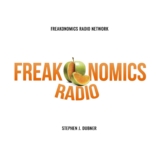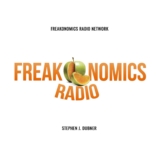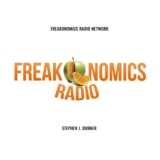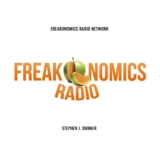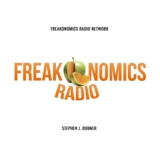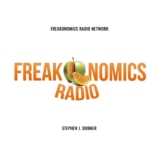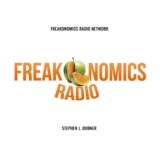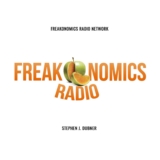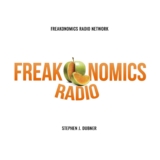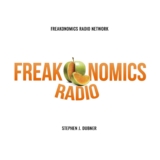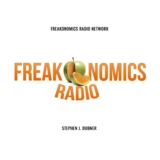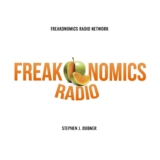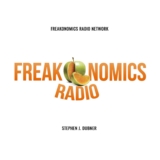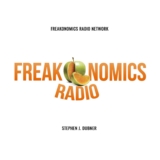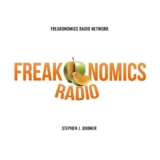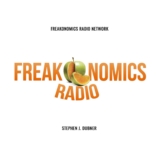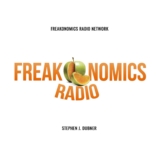For all the progress made in fighting cancer, it still kills 10 million people a year, and some types remain especially hard to detect and treat. Pancreatic ...
It’s a powerful biological response that has preserved our species for millennia. But now it may be keeping us from pursuing strategies that would improve the ...
They can’t vote or hire lobbyists. The policies we create to help them aren’t always so helpful. Consider the car seat: parents hate it, the safety data are ...
We’ve collected some of our favorite moments from People I (Mostly) Admire, the latest show from the Freakonomics Radio Network. Host Steve Levitt seeks advice ...
Societies where people trust one another are healthier and wealthier. In the U.S. (and the U.K. and elsewhere), social trust has been falling for decades — in ...
In this episode of No Stupid Questions — a Freakonomics Radio Network show launched earlier this year — Stephen Dubner and Angela Duckworth debate why we ...
Patients in the U.S. healthcare system often feel they’re treated with a lack of empathy. Doctors and nurses have tragically high levels of burnout. Could ...
The incoming president argues that the economy and the environment are deeply connected. This is reflected in his choice for National Economic Council director ...
Tony Hsieh, the longtime C.E.O. of Zappos, was an iconoclast and a dreamer. Five years ago, we sat down with him around a desert campfire to talk about those ...
G.M. produces more than 20 times as many cars as Tesla, but Tesla is worth nearly 10 times as much. Mary Barra, the C.E.O. of G.M., is trying to fix that. We ...
Google and Facebook are worth a combined $2 trillion, with the vast majority of their revenue coming from advertising. In our previous episode, we learned that ...
Companies around the world spend more than half-a-trillion dollars each year on ads. The ad industry swears by its efficacy — but a massive new study tells a ...
The modern world overwhelms us with sounds we didn’t ask for, like car alarms and cell-phone “halfalogues.” What does all this noise cost us in terms of ...
John Mackey, the C.E.O. of Whole Foods, has learned the perils of speaking his mind. But he still says what he thinks about everything from “conscious ...
The sociologist Sudhir Venkatesh spent years studying crack dealers, sex workers, and the offspring of billionaires. Then he wandered into an even stranger ...
A fine reading of most policies for “business interruption” reveals that viral outbreaks aren’t covered. Some legislators are demanding that insurance firms ...
As beloved and familiar as they are, we rarely stop to consider life from the dog’s point of view. That stops now. In this latest installment of the ...
It isn’t just supply and demand. We look at the complicated history and skewed incentives that make “affordable housing” more punch line than reality in ...
The pandemic has hit America’s biggest city particularly hard. Amidst a deep fiscal hole, rising homicides, and a flight to the suburbs, some people ...
It was only in his late twenties that America’s favorite brainiac began to seriously embrace his love of trivia. Now he holds the “Greatest of All Time” title ...
- « Previous Page
- 1
- …
- 15
- 16
- 17
- 18
- 19
- …
- 25
- Next Page »

